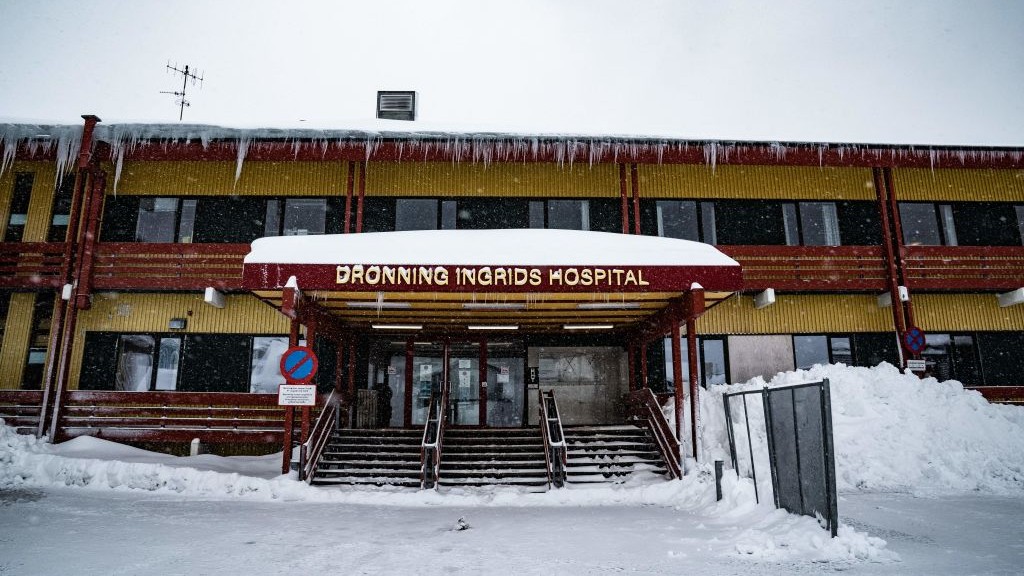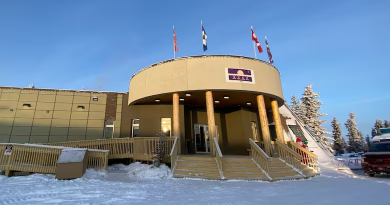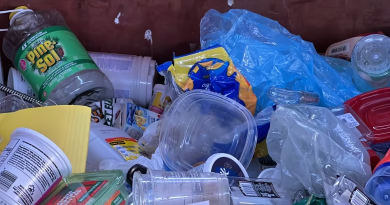Greenland to reduce services amidst staffing shortages in health care system

Greenland is facing staffing challenges throughout its health care system, especially in the smaller communities, something that will force it to reduce services in several areas throughout the summer.
Although summer staffing is always a challenge as people go on vacation, Greenland’s health service says this year it’s especially acute.
“The COVID-19 pandemic and its aftermath are a significant cause in this,” the health service said in an email interview with Eye on the Arctic. “Another reason is probably a holiday backlog among health professionals.”
Many health care services in the Nordic countries, long a source of workers for Greenland, are also facing similar challenges post-pandemic, and have launched initiatives to attract health care workers into the systems of their respective countries, meaning competition is higher this year.
“The health care service is up against increased competition for labour, [for example] Norway, where higher wages are offered,” the Greenland’s health service said. “Furthermore, the health service in Denmark has been provided with additional funding to retain nurses, which probably also influences the staffing shortage in Greenland.”
Longer wait times, patient transfers expected
A number of services will be affected over the summer with the health service warning of reduced surgery time, resulting in longer wait lists as backlogs rack up.
Women in smaller communities may also need to travel to Nuuk, Greenland’s capital city, to give birth should sufficient staff not be available in their home communities.
Hospital beds will also be reduced, resulting in some patients needing to be transferred to Nuuk, or Denmark, if regional health centres are insufficiently staffed.
Aggressive recruitment program in the works
In the meantime, Greenland’s health service said it continues to recruit aggressively, with all strategies on the table.
“[We’re] working purposefully to recruit via social media, personal networks, contact with former employees and not least through intensive contact with external partners,” the service said. “At the same time, the possibility of creating financial incentives is being examined.”
Recruiting outside of the Nordic region is also a possibility, although the health service said it remains a challenge both in terms of authorizations and licenses for health personnel, as well as the fact that Greenland’s main languages are Greenlandic and Danish, and are not widely spoken outside of the Nordic region.
Write to Eilís Quinn at eilis.quinn(at)cbc.ca
Related stories from around the North:
Canada: New Canadian cancer strategy has focus on Inuit, First Nations and Métis people, CBC News
Finland: Finland’s elder care needs funding boost to meet Nordic standards: researcher, Yle News
Greenland: Drones in Arctic health care? Greenland pilot project now underway, Eye on the Arctic
Sweden: Fewer people suffering strokes in Sweden, Radio Sweden
United States: Indigenous students in Alaska get hands-on medical experience at nursing camp, Alaska Public Media



